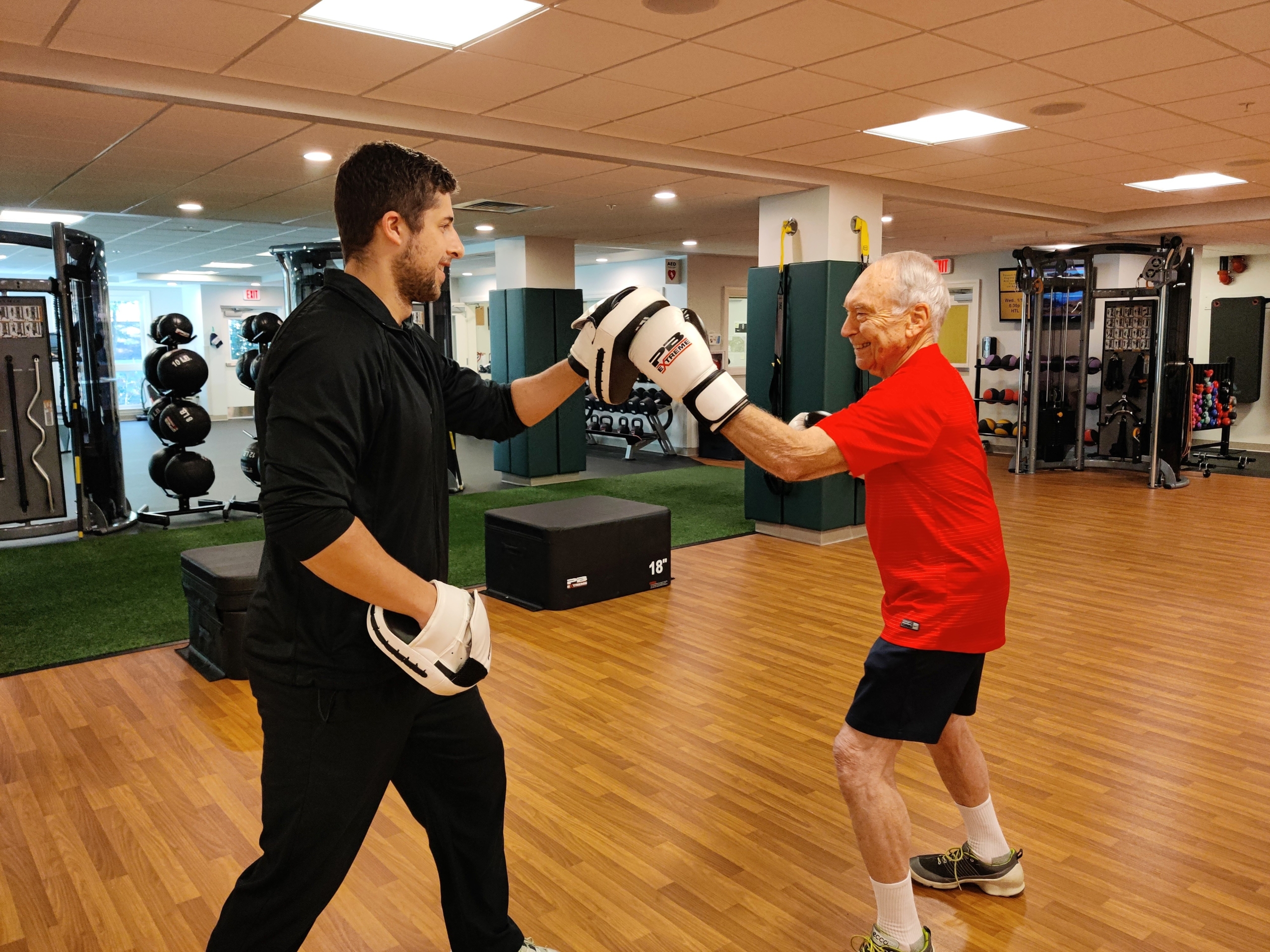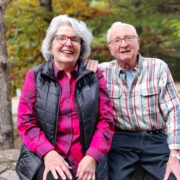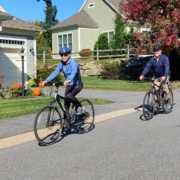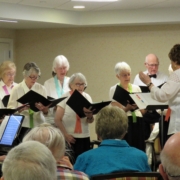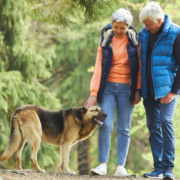Cooking for Wellness: 6 Quick and Nutritious Recipes for Seniors
Maintaining a balanced diet becomes increasingly important for overall health and wellness as we age. Eating nutritious meals can help seniors maintain energy levels, support heart and brain health, and strengthen the immune system. However, cooking for one or two people can sometimes feel overwhelming. With the right approach, preparing healthy meals can be simple, enjoyable, and fulfilling. In this guide, we’ll explore healthy senior recipes and meal-planning tips, along with how OceanView at Falmouth fosters a culture of wellness through nutritious dining options.
The Importance of Healthy Eating for Seniors
A well-balanced diet plays a vital role in promoting healthy aging. Seniors should focus on nutrient-dense foods that provide essential vitamins, minerals, and fiber while being mindful of sodium, added sugars, and unhealthy fats. Key benefits of healthy senior recipes include:
- Boosting Energy Levels: Nutrient-rich foods keep seniors energized and active throughout the day.
- Supporting Heart Health: A diet rich in whole grains, lean proteins, and healthy fats helps maintain cardiovascular health.
- Enhancing Brain Function: Omega-3 fatty acids, antioxidants, and vitamins like B12 and D contribute to cognitive function and memory retention.
- Strengthening the Immune System: A diet filled with fruits, vegetables, and lean proteins helps the body fight off illnesses more effectively.
6 Easy and Nutritious Recipes for Seniors
Here are six simple yet delicious meal ideas that prioritize nutrition and ease of preparation:
1. Greek Yogurt and Berry Parfait
This is truly one of the easiest healthy senior recipes and makes for a delicious and nutritious breakfast. Simply layer plain Greek yogurt with fresh mixed berries such as blueberries, strawberries, and raspberries, then top with a sprinkle of granola and chia seeds for added fiber and omega-3s. If desired, drizzle a small amount of honey for a touch of sweetness.
2. Mediterranean Chickpea Salad
For a refreshing and protein-packed lunch, try a Mediterranean chickpea salad. Combine a can of rinsed chickpeas with diced cucumber, cherry tomatoes, finely chopped red onion, and crumbled feta cheese. Drizzle with olive oil and lemon juice, then season with dried oregano, salt, and pepper to taste. This simple salad is packed with fiber, protein, and heart-healthy fats.
3. Baked Salmon and Roasted Vegetables
Proof that dinner can be both easy and satisfying! Place a salmon fillet on a baking sheet alongside a mix of broccoli florets, cherry tomatoes, and sliced zucchini. Drizzle everything with olive oil and season with garlic powder, paprika, salt, and pepper. Bake at 375°F for about 20 minutes or until the salmon is fully cooked. Serve with a lemon wedge for extra flavor.
4. Lentil and Vegetable Stew
For a quick and hearty soup, prepare a lentil and vegetable stew. Sauté diced onions, carrots, and celery in olive oil, then add a cup of rinsed lentils and vegetable broth. Season with thyme, bay leaves, and a pinch of salt and pepper. Simmer until the lentils are tender, and finish with a handful of spinach for an extra boost of vitamins.
5. Spinach and Mushroom Omelet
An omelet is an ideal option for breakfast or even dinner. Beat two eggs and pour them into a heated, lightly greased pan. Add sautéed mushrooms and fresh spinach, then fold the omelet as it sets. Serve with a slice of whole-grain toast for a complete and balanced meal.
6. Avocado Tuna Salad
This is a light but filling meal. Mash one ripe avocado and mix it with a can of drained tuna. Add diced red onion, cherry tomatoes, and a squeeze of lemon juice for freshness. Serve on whole-grain crackers or a bed of mixed greens for a nutritious and protein-rich meal.
Our Commitment to Healthy Eating at OceanView
At OceanView at Falmouth, we recognize the importance of nutrition in maintaining a vibrant and active lifestyle, offering residents a diverse and enriching dining experience across three distinct settings.
Our Main Lodge Dining Room serves dinner five nights a week, a Saturday breakfast buffet, and a signature Sunday brunch, featuring a variety of entrées, well-balanced side dishes, a fresh salad bar, and daily soups.
The Gazebo Grille, open for breakfast and lunch on weekdays, provides freshly baked pastries, homemade soups, grilled paninis, fresh salads, and “grab-‘n-go” items, all enjoyed amidst beautiful water views from its large windows, French doors, and patio seating.
For a seasonally-focused menu in a historic setting, the Whipple Farmhouse offers a friendly neighborhood restaurant experience on Thursday, Friday, and Saturday nights, complete with a selection of wines and handcrafted beers, a lounge with service bar, and a stone patio overlooking five acres of conservation land.
Additionally, residents can enjoy freshly prepared meals delivered directly to their door through the Good-to-Go Meals service, and catering options are available for special occasions, allowing residents to fully enjoy memorable events with family and friends.
Contact OceanView at Falmouth
If you’re looking for a retirement community that supports a healthy lifestyle, we invite you to explore all that OceanView has to offer. Contact us today to learn more about our dining programs, amenities, and how we can help you or your loved one embrace a healthier, more fulfilling way of life.


